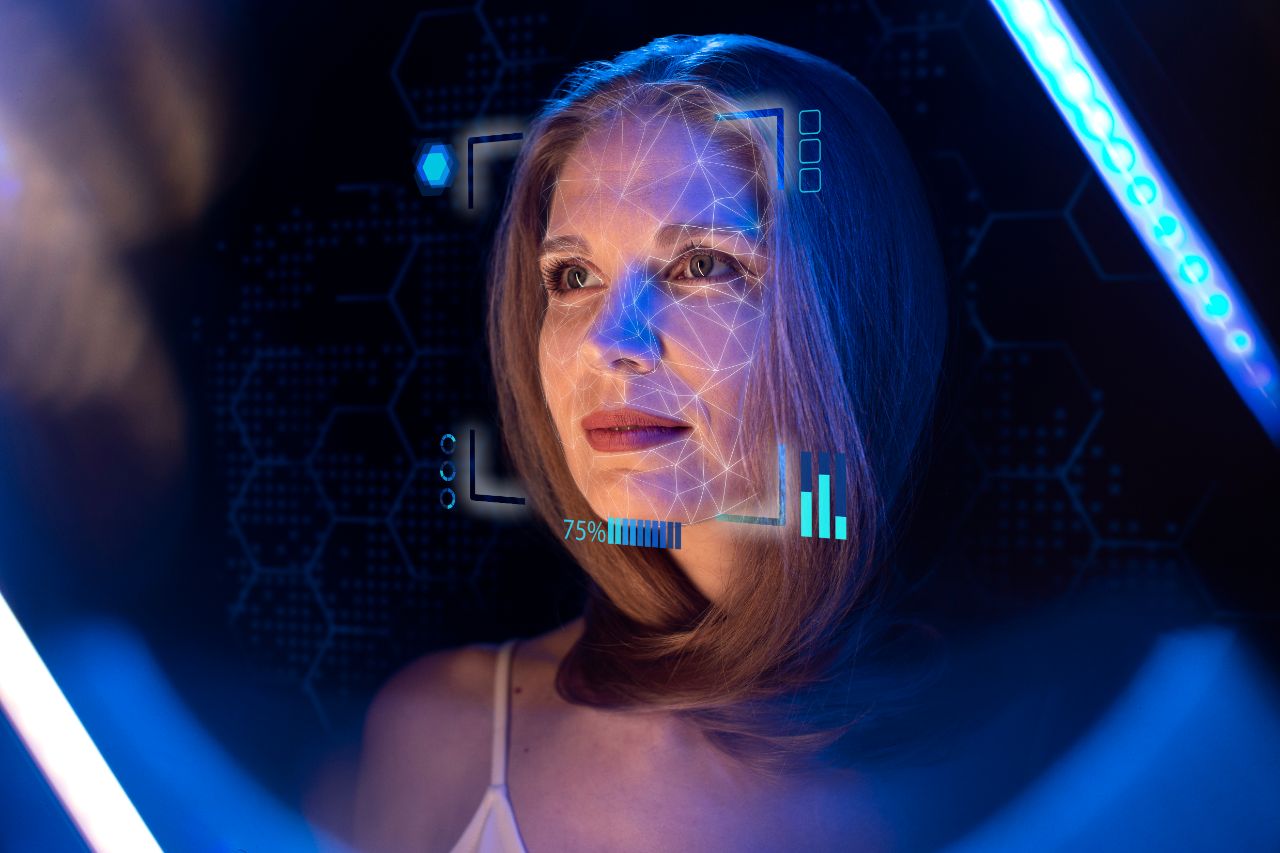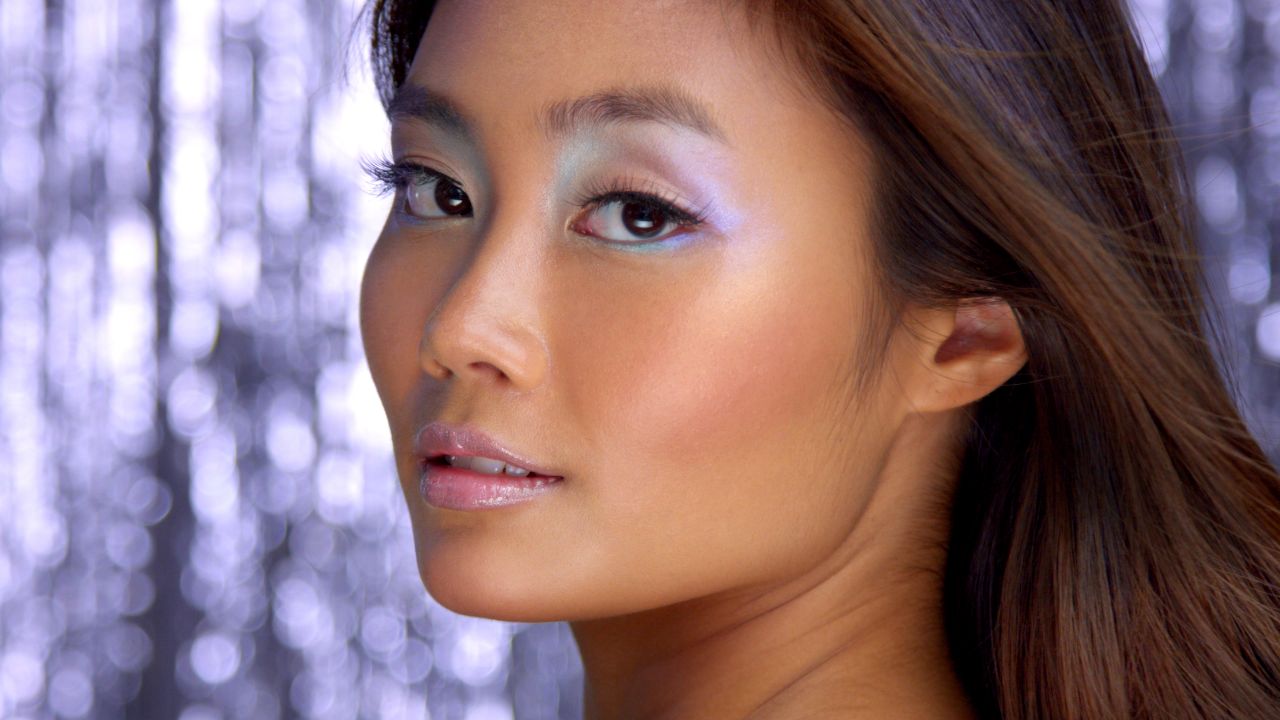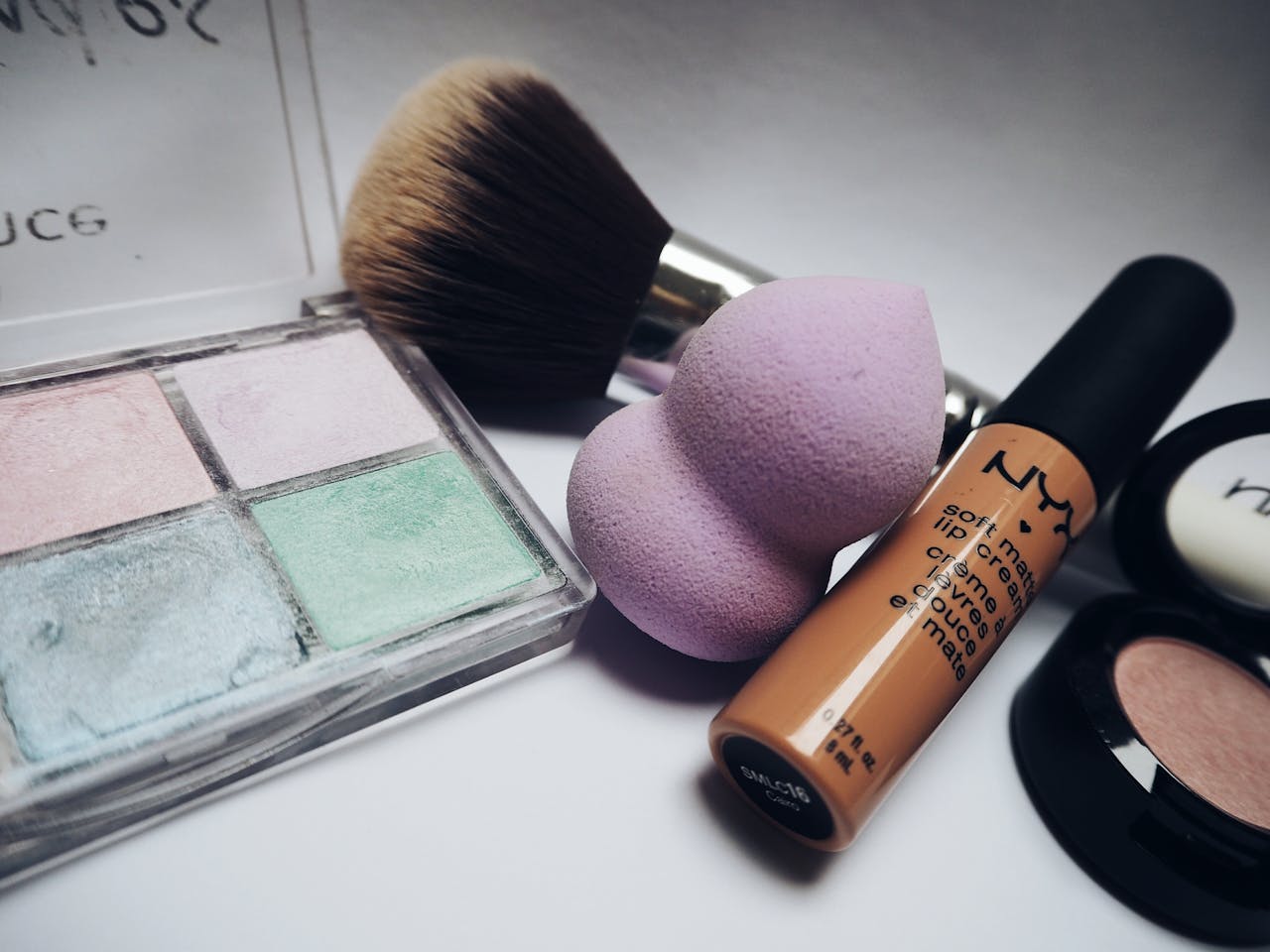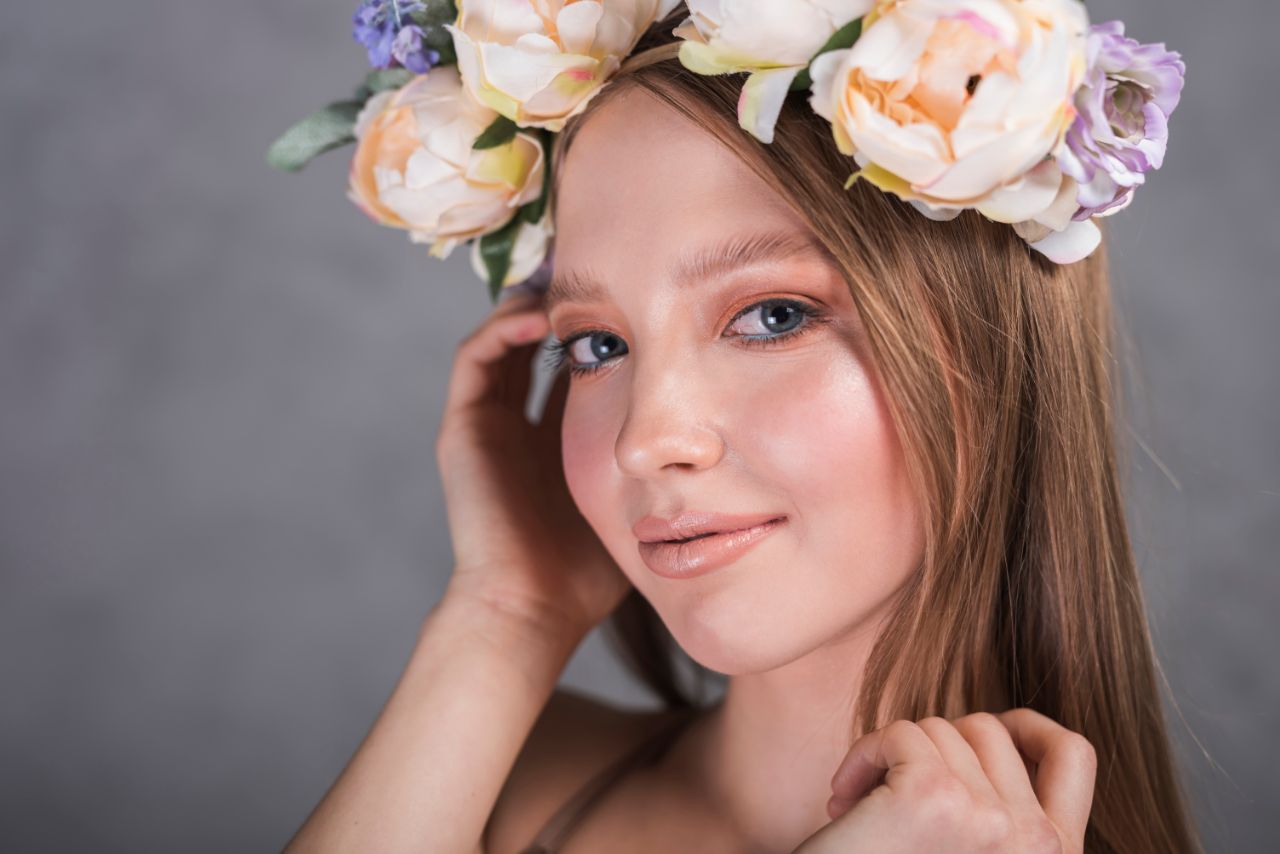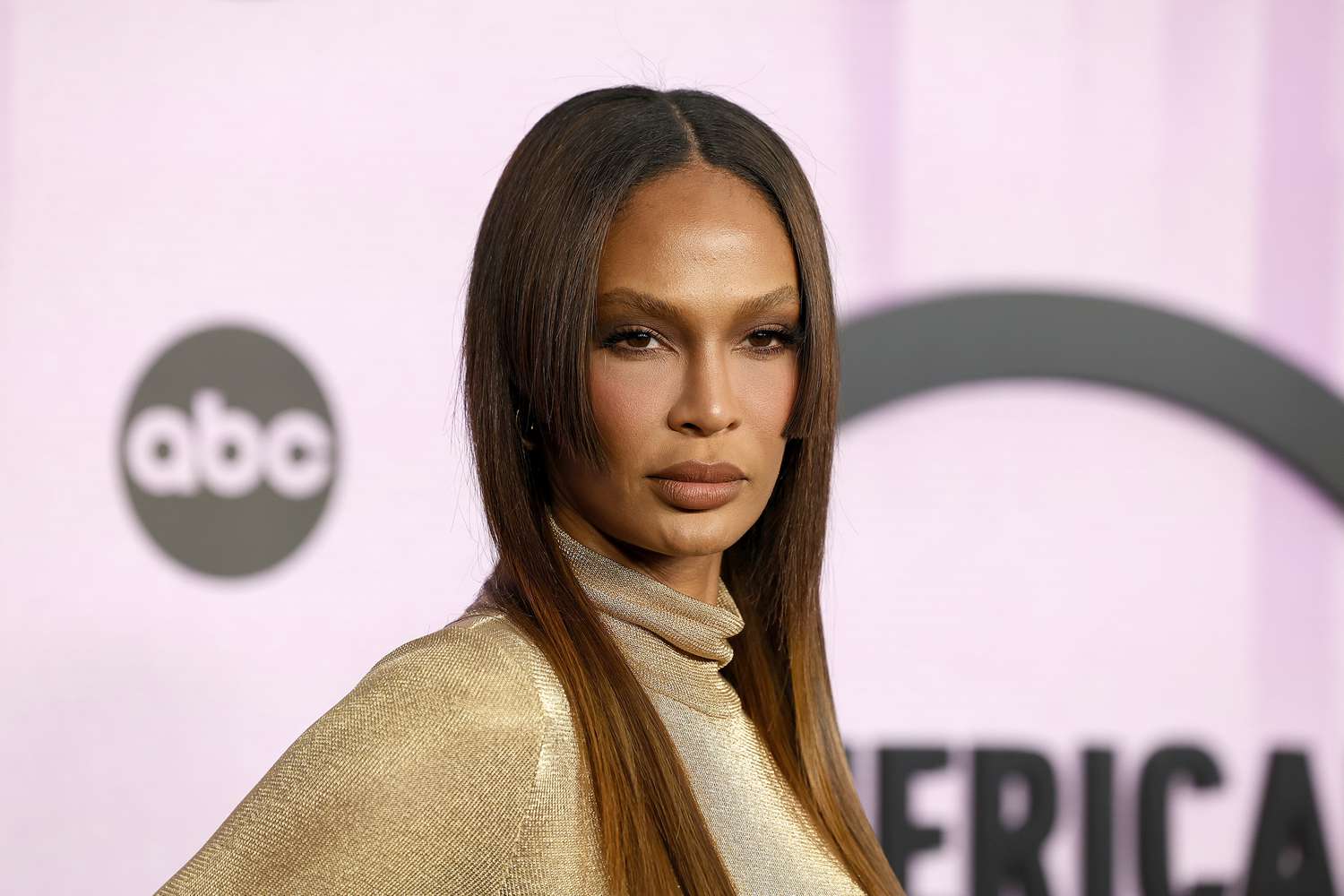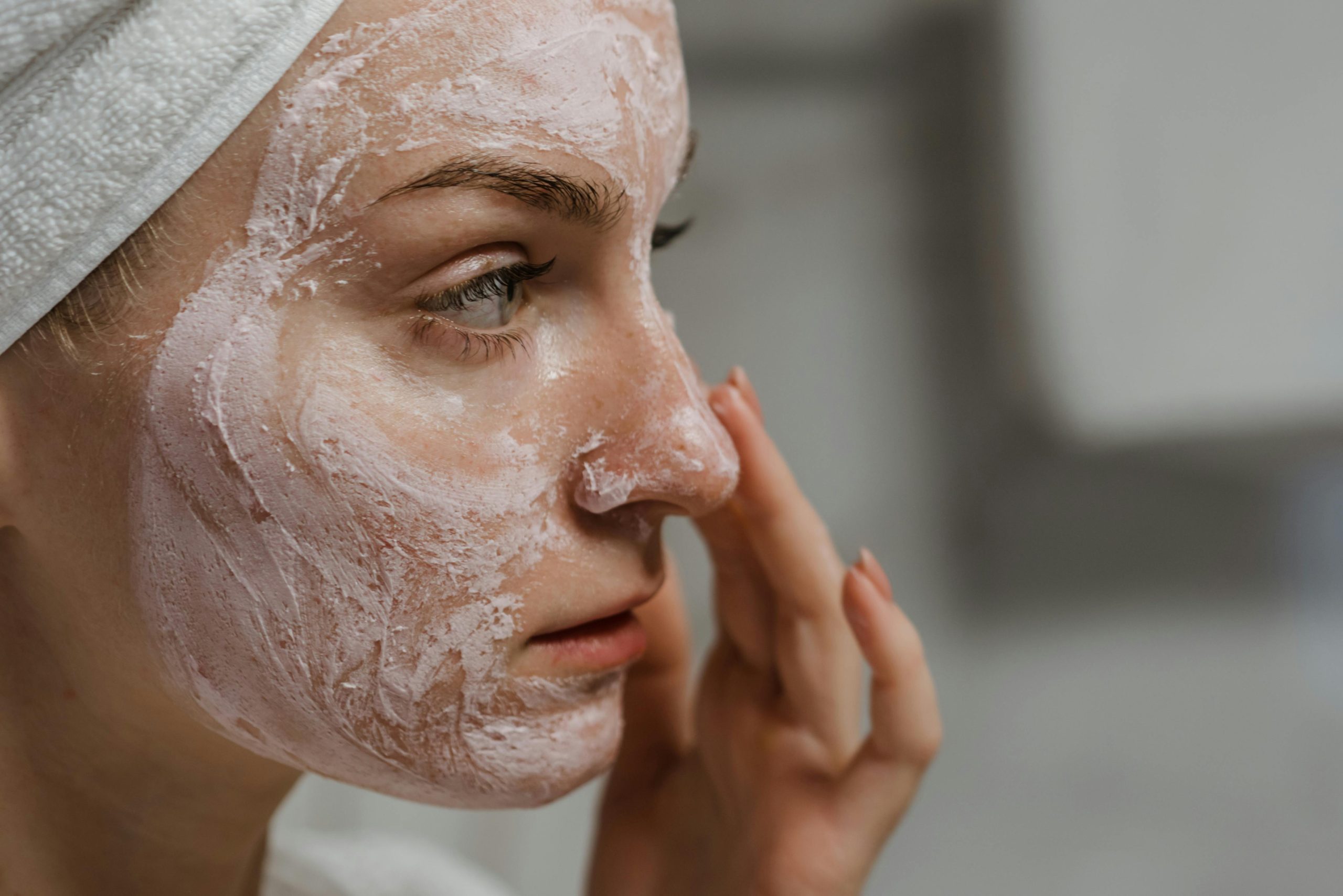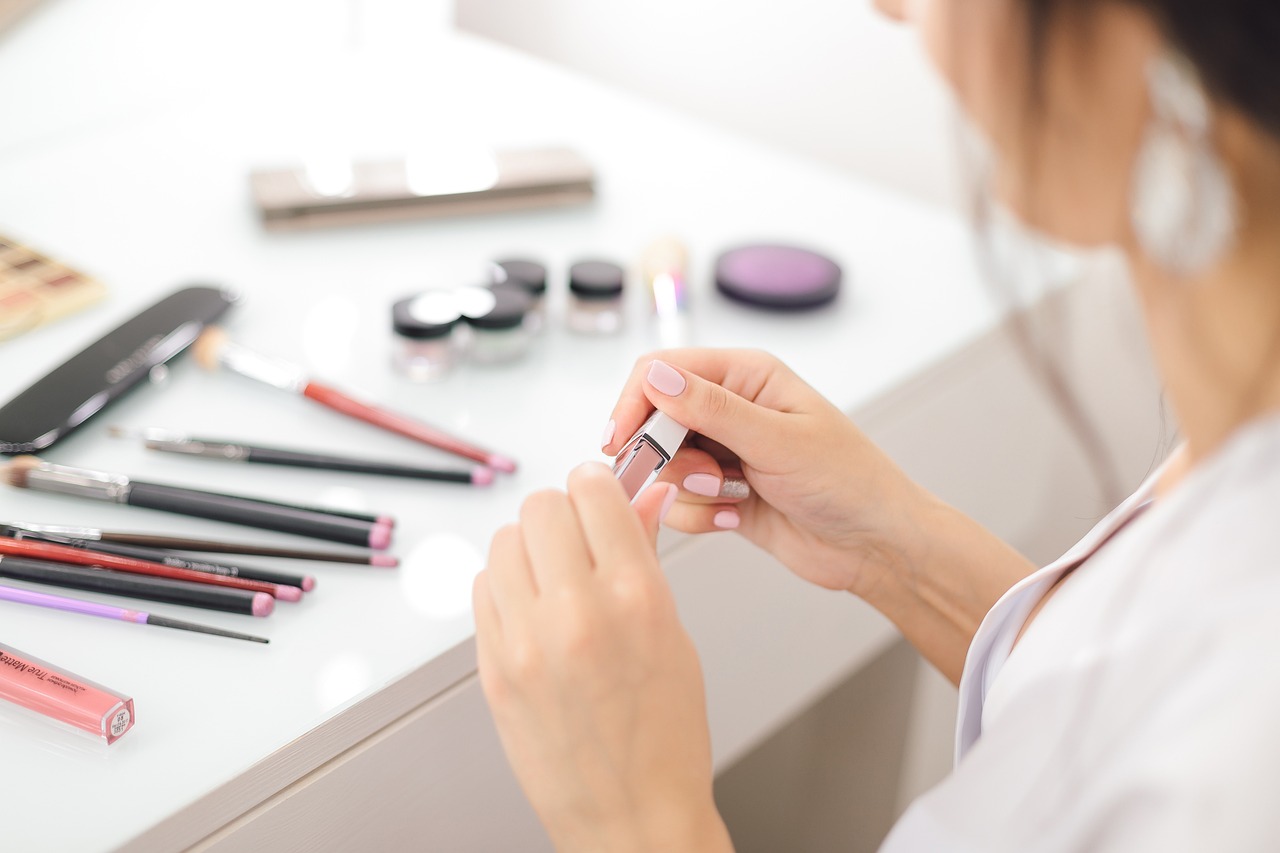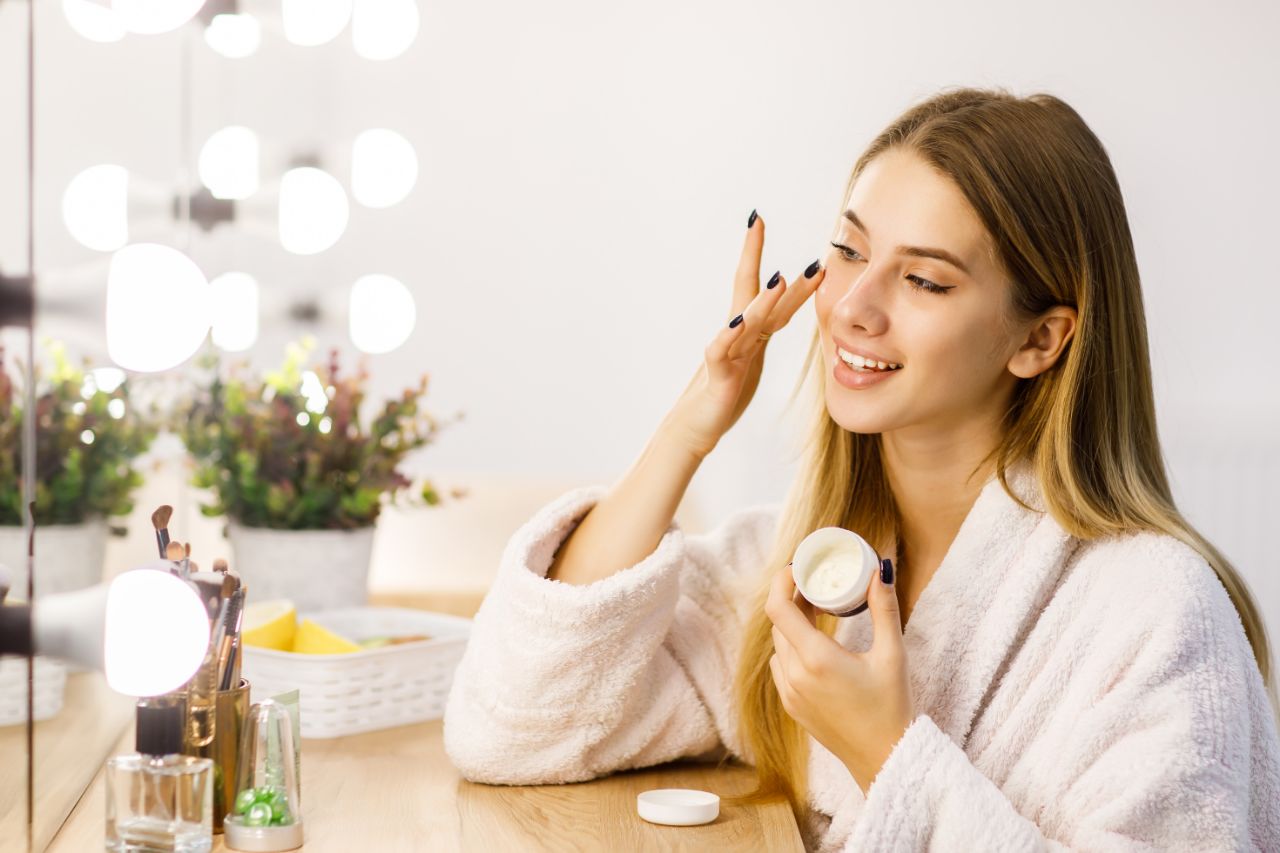AI-Driven Beauty: The Future of Skincare and Cosmetics
The beauty industry has consistently led the way in innovation, progressing from simple skin treatments to advanced cosmetic procedures. Advancements such as laser treatments and non-invasive procedures have changed the industry, but now artificial intelligence is driving the next big change. AI-Driven Beauty is significantly altering the way consumers approach skincare and cosmetics through providing customized, data-based solutions.
Previously, beauty products were created for broad audiences, but with the help of AI technology, personalized suggestions can now be made according to specific skin conditions, environmental elements, and individual choices. AI-powered applications and devices enable a tailored method by evaluating a person’s skin, identifying concerns such as acne or aging, and suggesting personalized products instantly.
One of the key benefits of AI in beauty is virtual try-on technology, allowing users to experiment with makeup and skincare products digitally before making a purchase. This not only enhances the shopping experience but also promotes sustainability by reducing the need for physical testers. Moreover, AI helps streamline the development of personalized skincare routines, saving consumers time and money.
For American consumers, these advancements mean easier access to high-quality, personalized beauty care. As AI continues to evolve, it promises to bring even more precise and effective solutions, paving the way for a future where beauty routines are customized to each individual’s unique needs and preferences.
The Rise of Personalized Skincare Solutions
AI-powered tools for analyzing skincare are changing the way individuals take care of their skin through tailored solutions. These tools, found in apps and smart devices, employ sophisticated algorithms to evaluate specific elements such as skin type, age, climate, and lifestyle. Using this information, AI beauty tools have the ability to suggest skincare products specifically designed for an individual’s personal requirements. Apps such as Neutrogena’s Skin360 and Vichy’s SkinConsult AI utilize facial scans to evaluate skin conditions and offer personalized product recommendations to the individual.
AI-powered skincare tools analyze skin characteristics such as hydration levels, pore size, and even pigmentation issues. This information helps users develop a more targeted skincare routine, which can improve skin health over time. By considering real-time changes in skin conditions, such as seasonal shifts or hormonal variations, AI ensures that skincare regimens are always optimized for the user.
Top brands such as L’Oréal, Proven Skincare, and La Roche-Posay are leading the way in utilizing AI to improve customized skincare. L’Oréal’s Modiface and Proven Skincare’s personalized product ranges both utilize artificial intelligence to create customized skincare suggestions using in-depth customer information, guaranteeing that individuals get products that cater to their unique skin requirements.
For American consumers, the benefits of AI-driven skincare are clear: enhanced convenience, better results, and affordability. AI tools allow users to avoid expensive dermatologist visits and guesswork in choosing products, offering a customized approach that adapts to each individual’s skin concerns. This technological advancement is making personalized skincare more accessible and effective than ever before.
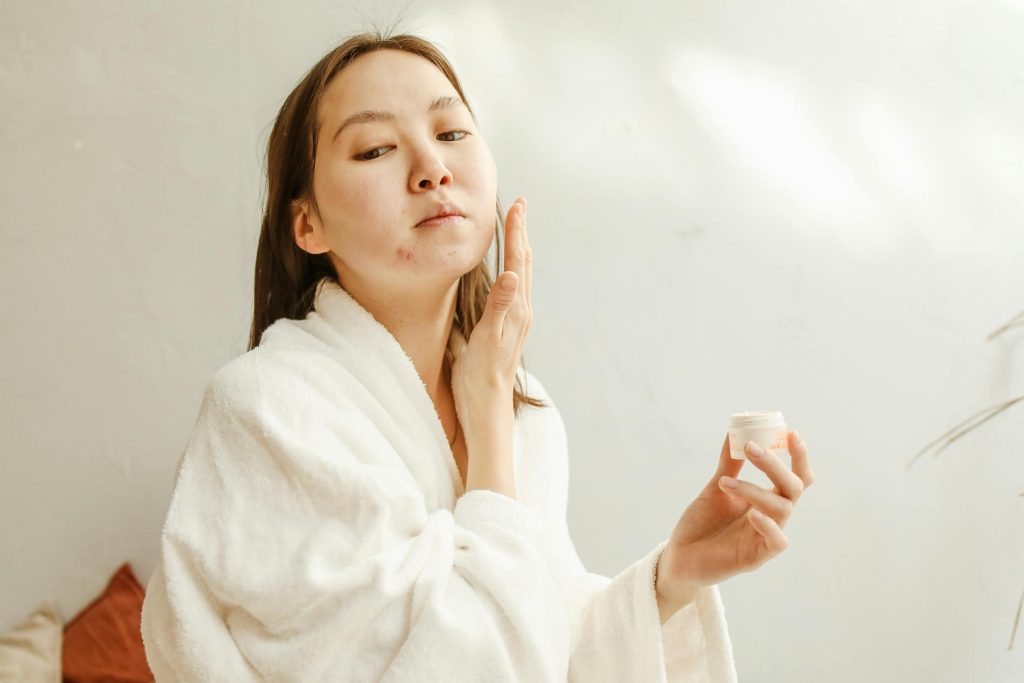
Virtual Try-On Technology and Its Impact on Makeup Shopping
Virtual try-on technology, powered by augmented reality and artificial intelligence, is revolutionizing the way consumers shop for makeup by offering a highly interactive and personalized experience. AI beauty tools now allow shoppers to virtually apply makeup, enabling them to try different products without leaving their homes. This innovative technology scans the user’s face, accurately applying shades of lipstick, foundation, or eyeshadow to show how they would look in real life, thus removing the uncertainty associated with online cosmetic shopping.
Major companies such as Sephora and Ulta Beauty have adopted this technology. Sephora’s Virtual Artist tool lets users try out different makeup products by virtually applying them in real time. In the same vein, Ulta Beauty’s GlamLab app offers a comparable virtual testing feature where customers can experiment with makeup styles and discover products that match their skin tone. These developments have not just improved interaction with customers but also increased sales, since consumers are more comfortable buying products they have virtually “tried.”
For American shoppers, who are increasingly favoring online platforms, these AI-powered tools have proven to be a game changer. Virtual try-ons offer the convenience of trying makeup from anywhere, reducing the need for physical testers and minimizing product returns. This tech in cosmetics has transformed the shopping experience, making it easier, more personalized, and more efficient. As the technology evolves, the impact of virtual try-on tools will likely continue shaping the future of beauty retail.
AI-Powered Beauty Diagnostics: Scanning for Perfection
AI-powered beauty diagnostic tools are transforming the way we approach skincare by offering personalized solutions for common skin concerns. These advanced tools use AI algorithms to scan for skin conditions such as wrinkles, acne, dark spots, and more. By analyzing these concerns in real time, AI can suggest targeted treatments and skincare products, bringing professional-grade skincare within reach of everyday consumers.
AI beauty tools have the capability to conduct thorough skin analyses simply by using a selfie as an input. Applications such as Vichy’s SkinConsult AI and Perfect Corp’s AI-enabled scanners evaluate various factors, including skin hydration, fine lines, and pigmentation problems. These tools utilize extensive skin profile databases to offer personalized skincare routine recommendations based on individual needs.
AI is transforming the fields of dermatology and beauty consultations. Thanks to AI-powered applications, individuals can now access precise skincare recommendations without having to physically go see a dermatologist. This makes professional-quality skincare diagnostics accessible to more people at a reasonable cost, broadening access to skincare. For example, products such as La Roche-Posay’s Effaclar Spotscan utilize AI technology and input from dermatologists to provide customized acne treatment suggestions through analyzing the skin in real-time.
For American consumers, these tools provide convenience, accuracy, and accessibility, helping them make informed decisions about their skincare routine without the need for expensive consultations or trial-and-error product purchases. AI-powered diagnostics are paving the way for smarter, more effective skincare solutions.
Smart Beauty Devices: The Future of At-Home Treatments
AI-powered beauty gadgets are revolutionizing at-home skincare by providing personalized, high-tech solutions for daily routines. Devices such as smart mirrors and facial cleansing tools use artificial intelligence to analyze skin conditions in real time and offer tailored recommendations for skincare products and routines. For example, L’Oréal’s Perso device delivers custom-mixed skincare and cosmetic formulas, adjusting to the user’s skin condition and environmental factors to create personalized treatments. Another popular tool, the Lumini PM by Lululab, is a smart mirror that captures detailed facial skin data, analyzing factors like wrinkles, pigmentation, and redness, then suggesting the most appropriate treatments.
These gadgets not only provide analysis but also adjust routines according to the user’s evolving skin requirements. By monitoring skin condition consistently, these tools can modify suggestions when new problems appear, enhancing the efficiency and effectiveness of skincare. Neutrogena’s Skin360 and Foreo’s Luna are additional instances of beauty tools powered by AI that blend real-time skin tracking with personalized skincare routines, bringing professional-grade skincare within reach of a wider audience.
For American beauty consumers, the impact of these AI beauty tools is significant. They offer convenience by enabling at-home treatments that rival the results of in-office dermatologist visits. In addition, these tools help save costs by reducing the need for trial-and-error with products, as recommendations are highly personalized. Ultimately, AI-powered beauty tech is making skincare more accessible, cost-effective, and results-driven, transforming how consumers approach beauty and self-care.
Ethical Considerations and Challenges of AI in Beauty
The rise of AI beauty tools offers exciting possibilities, but it also introduces significant ethical concerns, particularly around data privacy and bias. AI-powered beauty tools rely on large datasets, often containing sensitive personal information, to analyze and recommend skincare products. This creates privacy risks, as consumers’ personal data could be misused or shared without consent. Ensuring data privacy is crucial for building consumer trust, and brands must take steps to protect personal information by implementing strict data governance and anonymization practices to minimize risks.
Prejudice in AI algorithms is a significant problem, especially in personalized skincare AI. AI systems may unknowingly show preference towards specific skin tones or types due to biased training data, resulting in inaccurate or discriminatory suggestions. Some AI beauty tools may have difficulty accurately analyzing darker skin tones or offering suitable product recommendations for those with non-Western beauty standards. This prejudice can prolong unfairness and restrict diverse populations’ ability to access effective beauty solutions.
To address these challenges, beauty brands are increasingly focused on ensuring ethical use of AI by diversifying training datasets and improving algorithm transparency. Companies like L’Oréal and Neutrogena are investing in ethical AI practices by working to make their technology more inclusive and transparent. Regulatory bodies are also developing frameworks, such as the AI Act in the European Union, to promote fairness and accountability in AI applications.
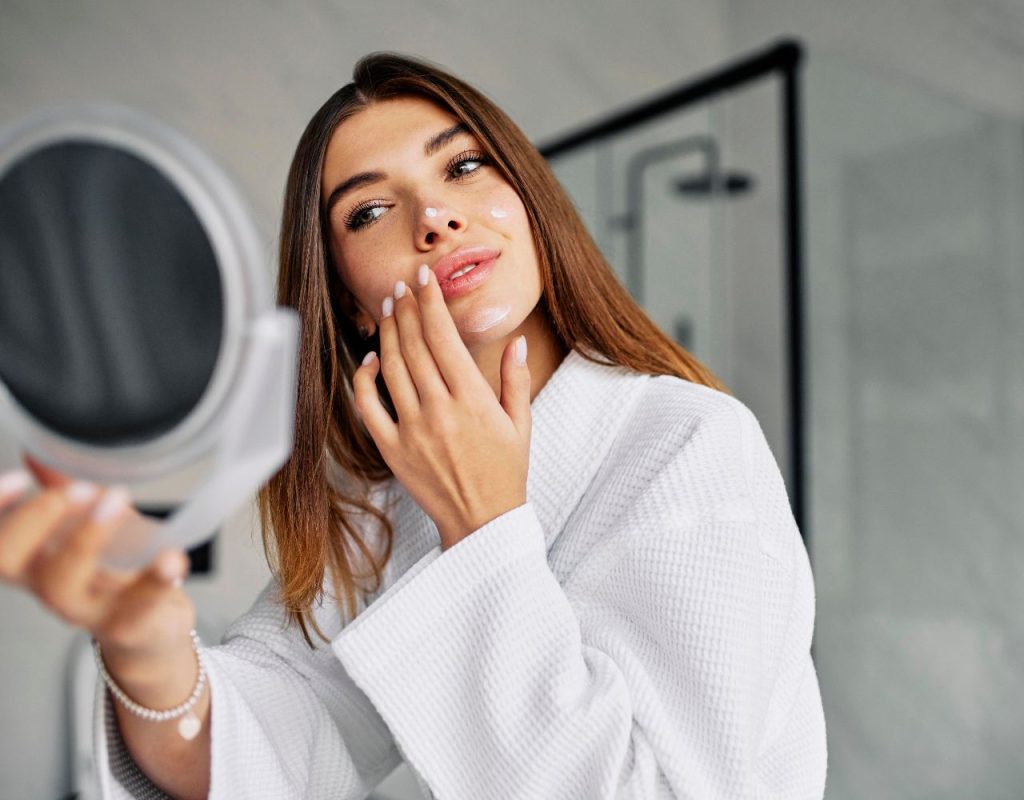
The Future of AI-Driven Beauty: What’s Next
The future of AI in the beauty industry promises exciting advancements that will redefine skincare and cosmetics. One of the most anticipated trends is the growing role of AI in anti-aging treatments. AI algorithms are increasingly being used to develop customized formulations targeting specific aging concerns like wrinkles, sagging skin, and age spots. As technology improves, AI will refine these formulations in real time, adapting to individual skin changes and environmental factors to ensure optimal results.
AI beauty tools are poised to transform cosmetic formulations as well. AI can develop custom products by studying large sets of skin profiles and ingredient interactions, resulting in personalized solutions for each person’s specific requirements. This technology enables accurate selection of ingredients, optimization of concentration, and real-time adjustments to formulations. AI-driven devices such as smart mirrors and facial analyzers are predicted to become increasingly common in the United States, providing American customers with a degree of customization and effectiveness that was previously limited to upscale dermatology centers.
As AI continues to shape beauty culture, it has the potential to make high-end skincare more accessible. The ability to create personalized, data-driven skincare routines at home means that more consumers will have access to products that work specifically for their skin type and concerns, democratizing access to premium skincare.
Finally, AI will likely redefine beauty rituals and self-care in America. The integration of AI into daily beauty routines will lead to more efficient, results-driven approaches, shifting the focus from trial-and-error methods to precise, personalized care that adapts to the user’s evolving needs. This shift will enhance convenience, save time, and produce better outcomes, transforming how people engage with beauty products in the future.
Conclusion: Embracing the AI Beauty Revolution
AI is revolutionizing the skincare and cosmetics industry by providing customized, data-informed beauty products and services. AI technology provides unparalleled ease and success from personalized skincare regimens to groundbreaking anti-aging solutions. With AI advancing further, it is important for American consumers to welcome these advancements in order to improve their beauty routines and discover the promising future of the industry.

